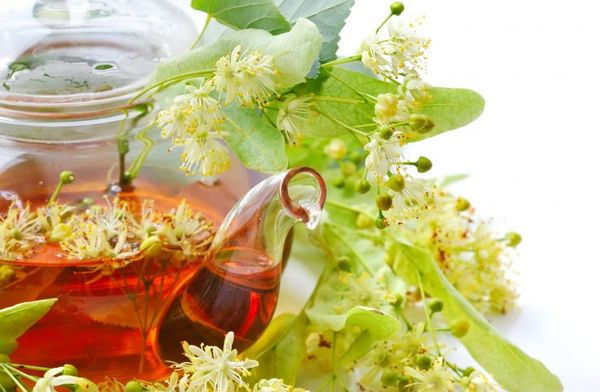How to brew herbal tea: preparation features
It has unique properties, from time immemorial people have believed in the healing power of herbs. Nature itself endows them with the ability to cure many ailments. From medicinal plants, you can make a delicious and healthy tea that can be used for prevention and treatment. What effect do herbs have on the body, how to brew herbal tea correctly?
Types of herbal tea
There are several types of herbal tea:
- Phytocollection. Tea, which consists of a mixture of herbs of different types. They are united by the same properties and taste. The collection of herbs can be mixed with classic teas, you can brew them separately.
- Mixed tea. The basis of such tea is black or green tea. A larger amount is traditional tea, a little herb is added to it. An example is black tea with lemon balm or mint.
- Monochai. This type of tea is brewed from one type of plant. It can be a decoction of chamomile, a mint drink.
When purchasing herbal tea in a regular store, you need to carefully read the information on the package. Many of these teas are unnatural, containing flavors that are unlikely to be beneficial. It is better to choose tea from herbs that are collected in ecologically clean areas. The packaging must indicate the place of collection and packaging.
The shelf life of such tea should be observed. It must not exceed 18 months. After the expiration date, tea will not harm, but its taste changes, useful properties disappear.
Useful properties of herbal teas
Each medicinal plant has its own beneficial properties, each phytocollection has a different effect on the body. But the general beneficial properties of herbal teas have:
- They have a calming effect on the nervous system.
- Good thirst quencher.
- Help with weight loss while dieting.
- Saturates the body with useful trace elements.
Herbal tea contraindications
- Herbal teas can also be harmful. When collecting herbs on your own, you need to be well versed in medicinal plants in order to avoid poisoning.
- Any herb can cause an allergic reaction.
- Phyto-collections should not be taken for a long time and without consulting a certified specialist.

Rules for brewing herbal tea
When brewing herbal infusion, certain rules must be observed. The instructions are printed on the packs of herbal preparations, you can follow them to get the maximum result. Another thing is when it comes to self-prepared herbal tea. From medicinal plants, you can prepare a healing infusion, decoction and tea.
Preparation of the infusion
10 g of dried raw materials (collection of herbs or one plant) are poured into an enamel bowl. Pour 200 ml of hot water, close the lid. The mixture is heated in a water bath for 15 minutes, then cooled for 45 minutes. The infusion is filtered, the raw materials are squeezed out, boiled water is added to restore the volume to 200 ml.
Decoction preparation
10 g of dried raw materials are placed in an enameled container, poured with 200 ml of boiled hot water. In a water bath, the mixture must be kept for half an hour. At room temperature, the broth is kept for about 10 minutes. After filtration, the raw material is squeezed out, brought to a volume of 200 ml with boiled water.
Making herbal tea
When making herbal tea, you can use your favorite tea (green, white or black). It can be brewed according to the classic recipe; when brewing, a spoonful of herbal tea, several sprigs of mint, lemon balm, chamomile flowers or thyme sprigs are added to the mixture. The drink can be infused for about 10 minutes.
How to drink herbal tea
When treating various ailments with herbal tea, it is necessary to strictly observe the dosage, the time of admission, take tea in courses, taking breaks. Some herbal teas can be drunk as a preventive measure. In any case, it is recommended that you consult a herbalist or your doctor who can prescribe the dosage. In most cases, the dose should not exceed three glasses per day.
